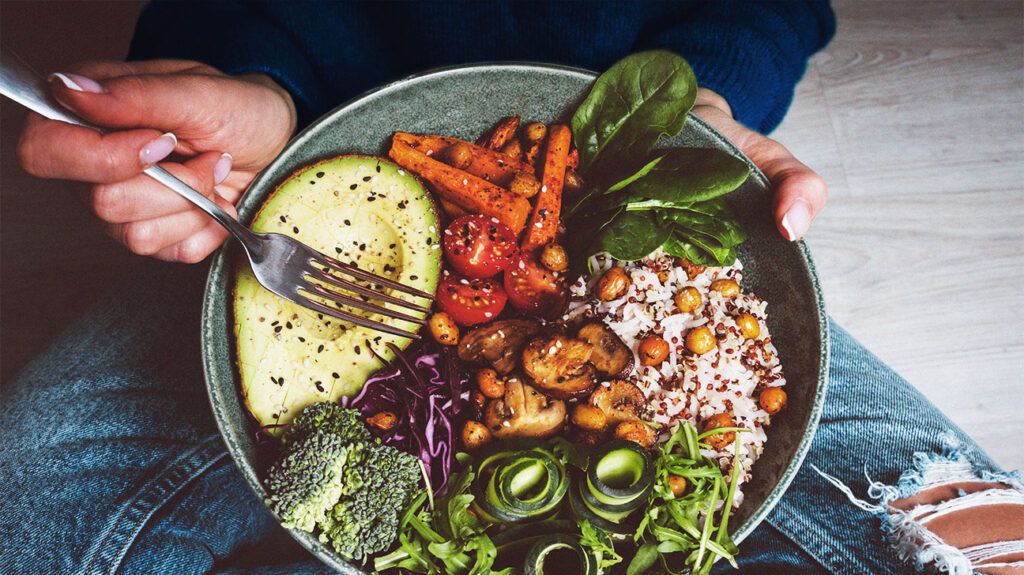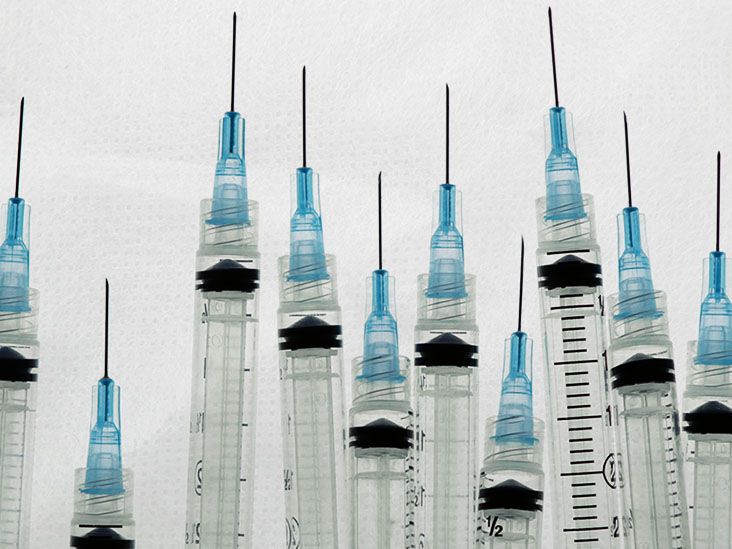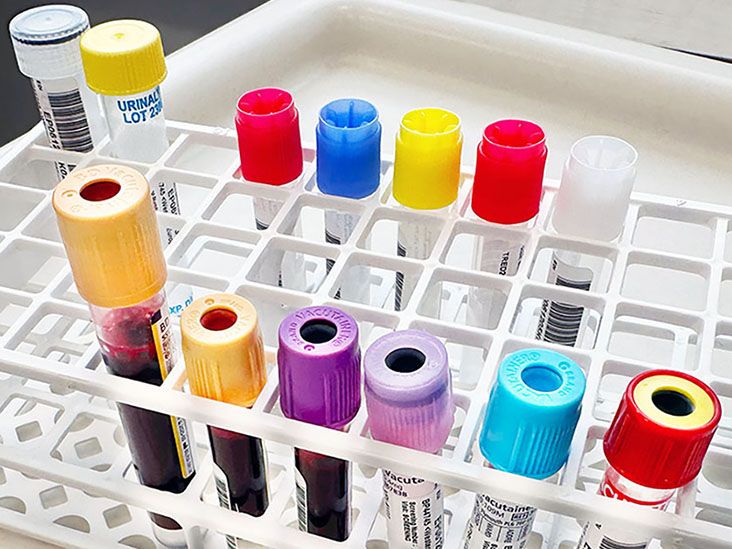For people with hairy cell leukemia (HCL), a healthy diet may help strengthen and support the immune system, which may help keep the condition under control.
HCL is a rare leukemia that affects white blood cells called lymphocytes. It is a slow-progressing cancer that often does not require immediate treatment. If treatment does become necessary, it usually leads to remission.
Good nutrition may help support healing and recovery in people receiving treatment for HCL.

A varied, balanced diet rich in vitamins and minerals helps support the body’s natural defenses against cancer.
The Hairy Cell Leukemia Foundation (HCLF) notes that diet is a significant factor in preventing and reducing the risk of certain cancers. A healthy diet can also help support the body and promote healing during cancer treatment and recovery.
The HCLF outlines several dietary recommendations for people looking to prevent cancer or those wanting to support their health and nutrition during or after cancer treatment. These recommendations include:
- following a plant-based diet in which two-thirds of the plate consists of colorful, nutrient-rich vegetables
- eating plenty of whole grains and legumes
- increasing plant-based sources of protein, such as beans and lentils
- aiming to eat at least 30 grams (g) of fiber per day
- consuming the majority of daily calories at the start of the day
- eating a high protein, high fiber breakfast consisting of foods such as:
- oats
- eggs
- scrambled tofu
- yogurt
- eating plenty of omega-3 fats from sources such as:
- seeds
- nuts
- oily fish, such as salmon
Learn more about eating a balanced diet.
Immunotherapy is a cancer treatment that helps the body’s immune system target and destroy cancer cells. Immunotherapy is one of several treatment options for HCL.
According to a
Supporting a healthy gut microbiome may improve responses to cancer treatments. According to the HCLF, the following can help support a healthy gut microbiome:
- eating at least 30 g of fiber per day, which should improve gut health and blood glucose control
- increasing consumption of plant-based proteins, such as:
- nuts and seeds
- beans
- lentils
- tofu
- regularly consuming fermented foods, such as:
- consuming plenty of omega-3 fats from the following foods to boost HDL or “good” cholesterol and reduce inflammatory responses:
- pumpkin seeds
- chia seeds
- flaxseeds
- walnuts
- salmon
- eliminating processed meats
- limiting artificial flavors and sweeteners
The
Appetite loss and weight loss
To reduce appetite loss and weight loss from cancer treatment, people can try:
- eating foods high in calories and protein, such as:
- beans
- yogurt
- eggs
- fish
- chicken
- meat
- eating blended foods to improve their palatability, with examples including:
- soups
- smoothies
- milkshakes
- eating small meals and healthy snacks often throughout the day
- eating the largest meal of the day when feeling hungriest, whether at breakfast, lunch, or dinnertime
Taste changes
To alleviate changes in taste, which can be a side effect of chemotherapy, people can try:
- eating fish and dairy instead of meat
- adding spices and sauces to foods
- using sugar-free gum or candies to help eliminate metallic or bitter tastes in the mouth
- using plastic utensils to avoid metallic tastes
- rinsing the mouth after mealtimes to remove unpleasant aftertastes
Nausea
The following tips can help reduce nausea in people receiving chemotherapy treatment:
- eating foods that are bland, soft, and easy to digest
- snacking on dry foods throughout the day, such as:
- crackers
- breadsticks
- toast
- consuming room-temperature foods and liquids
- sipping liquids throughout the day
- sucking on hard candies to help eliminate unpleasant tastes in the mouth
- avoiding foods and drinks with strong smells
- eating five or six small meals per day instead of three large meals
- avoiding lying down within 1 hour of eating
Vomiting
The following tips can help prevent vomiting in people having chemotherapy treatment:
- drinking small amounts of clear liquid after vomiting stops
- eating five or six small meals per day instead of three large meals
- sitting upright and bending forward after vomiting
Dry mouth
The following dietary tips may help eliminate dry mouth, which is a
- eating foods that are easy to swallow
- moistening foods with gravy, sauce, or dressing
- chewing gum or sucking on hard candy to help boost saliva production
- sipping water throughout the day
- rinsing the mouth with an alcohol-free mouthwash every 1 to 2 hours
Mouth sores
The following may help prevent and treat mouth sores related to chemotherapy treatment:
- eating foods that are easy to chew, such as:
- soups or stews
- scrambled eggs
- custards
- blending foods or cutting them into small pieces
- sucking on ice chips to help numb and soothe the mouth
- drinking with a straw to avoid foods touching painful parts of the mouth
- avoiding foods that could further irritate the mouth, such as:
- citrus foods
- spicy foods
- salty foods
- foods with a sharp or crunchy texture
- drinks containing alcohol
Read about common chemotherapy side effects.
Hairy cell leukemia (HCL) is a rare, slow-growing type of leukemia that affects white blood cells called lymphocytes.
A nutrient-rich diet may help support the immune system, boosting its ability to keep HCL under control. A healthy diet may support the gut, improve the effectiveness of certain cancer treatments, and promote healing and recovery.
Cancer treatments can cause side effects that may affect a person’s nutrient intake. Remedies may include eating or avoiding certain foods, preparing foods differently, or eating little and often.
A person with HCL can talk with a doctor or dietician for further diet and nutrition advice.


